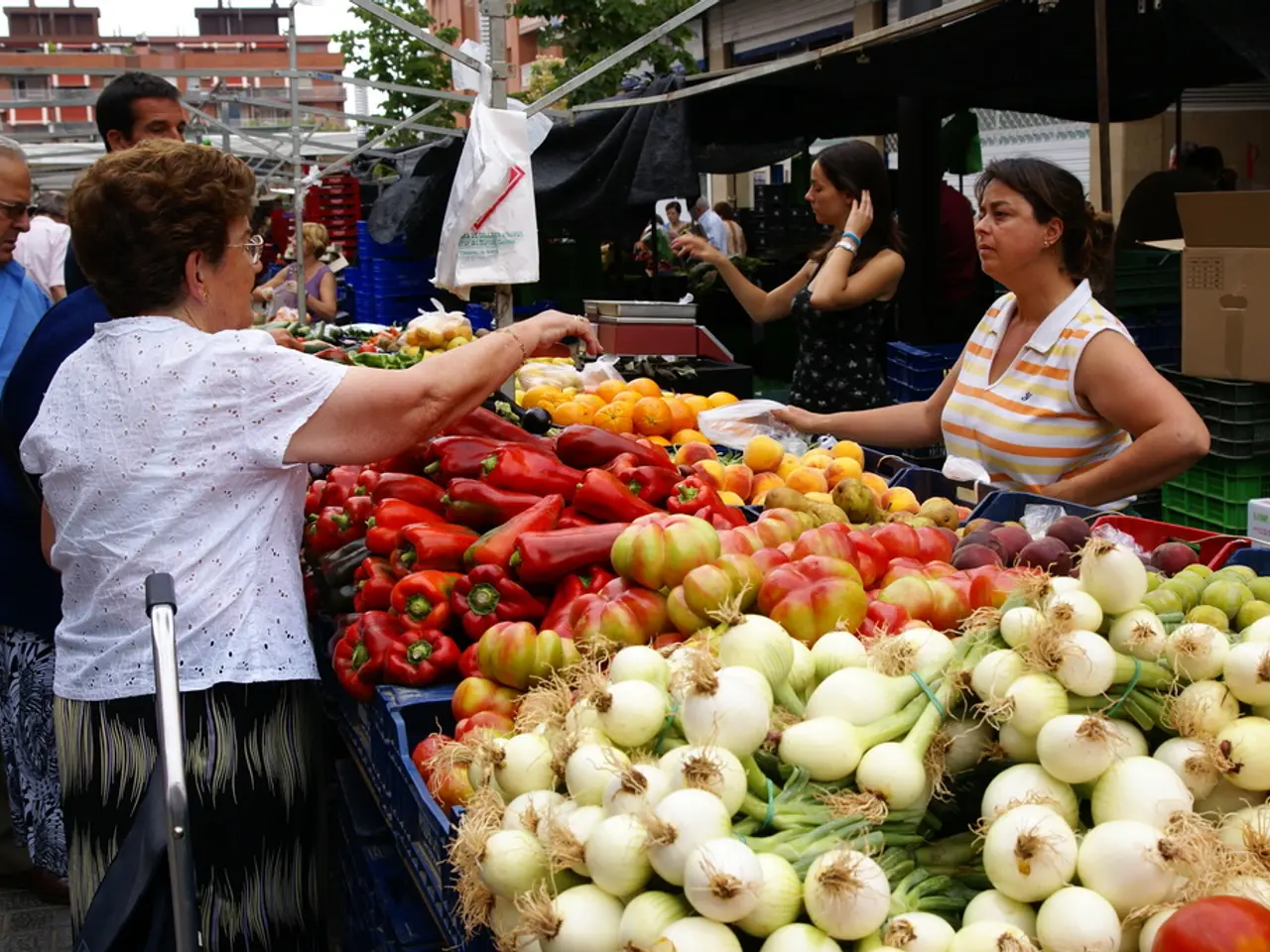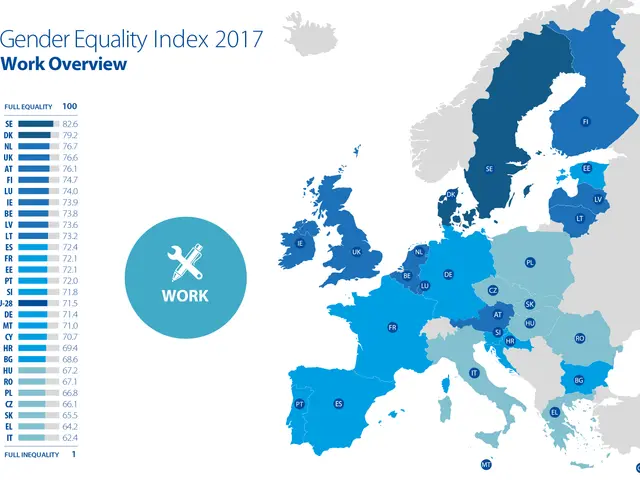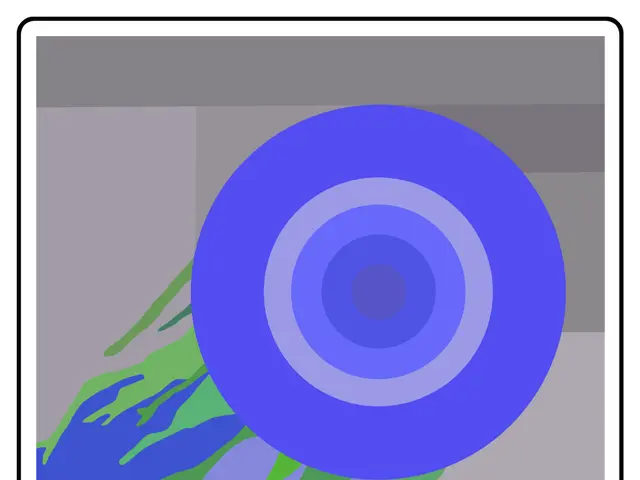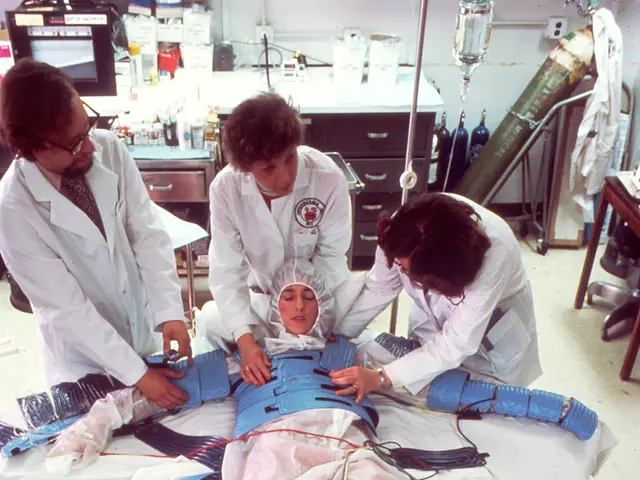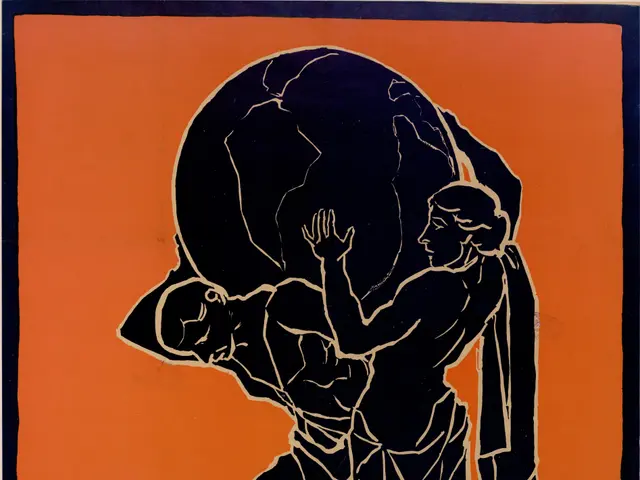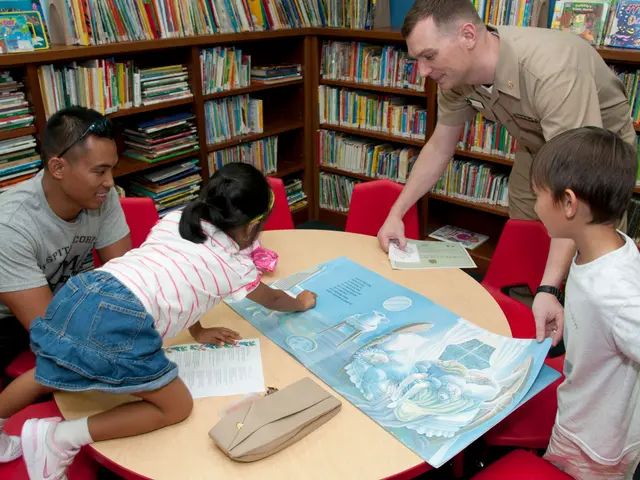Dresden's 'Paludi' Project Turns Marsh Plants into Paper Pulp
Researchers in Dresden are exploring innovative, eco-friendly packaging solutions. The 'Paludi' project at Fraunhofer IVV is successfully turning peat plants like reeds and sphagnum moss into paper pulp. This could revolutionize paper packaging, reducing chemical and energy usage.
Dresden, with its rich packaging history, is now a hub for green technologies. The city's expertise spans from cellulose factories to Nagema, a former GDR packaging machine producer. Today, TU Dresden and Fraunhofer IVV collaborate to develop alternatives to plastic and synthetic materials.
The Paludi project, led by IVV, focuses on marsh plants like cattails and sphagnum moss. These plants require fewer resources to grow and process, making them ideal for sustainable packaging. The project aims to create a circular and bio-based economy, supported by a new endowed professorship at TU Dresden, funded by the local paper industry.
Spin-offs like Wattron in Freital are emerging from this research, aiming to improve production efficiency and sustainability. The Greater Dresden area is at the forefront of tackling global plastic waste issues with these innovative packaging solutions.
Dresden's packaging innovation continues with the Paludi project, turning marsh plants into paper pulp. This could significantly reduce the environmental impact of packaging. With strong research and business collaboration, the city is poised to lead the way in sustainable packaging technologies.
Read also:
- Crisis in a neighboring nation: immediate cheese withdrawal at Rewe & Co, resulting in two fatalities.
- United Kingdom Christians Voice Opposition to Assisted Dying Legislation
- Democrats are subtly dismantling the Affordable Care Act. Here's the breakdown
- Antisebum skincare products (cream, cleanser, and moisturizer) advocating for self-acceptance and skin confidence.
